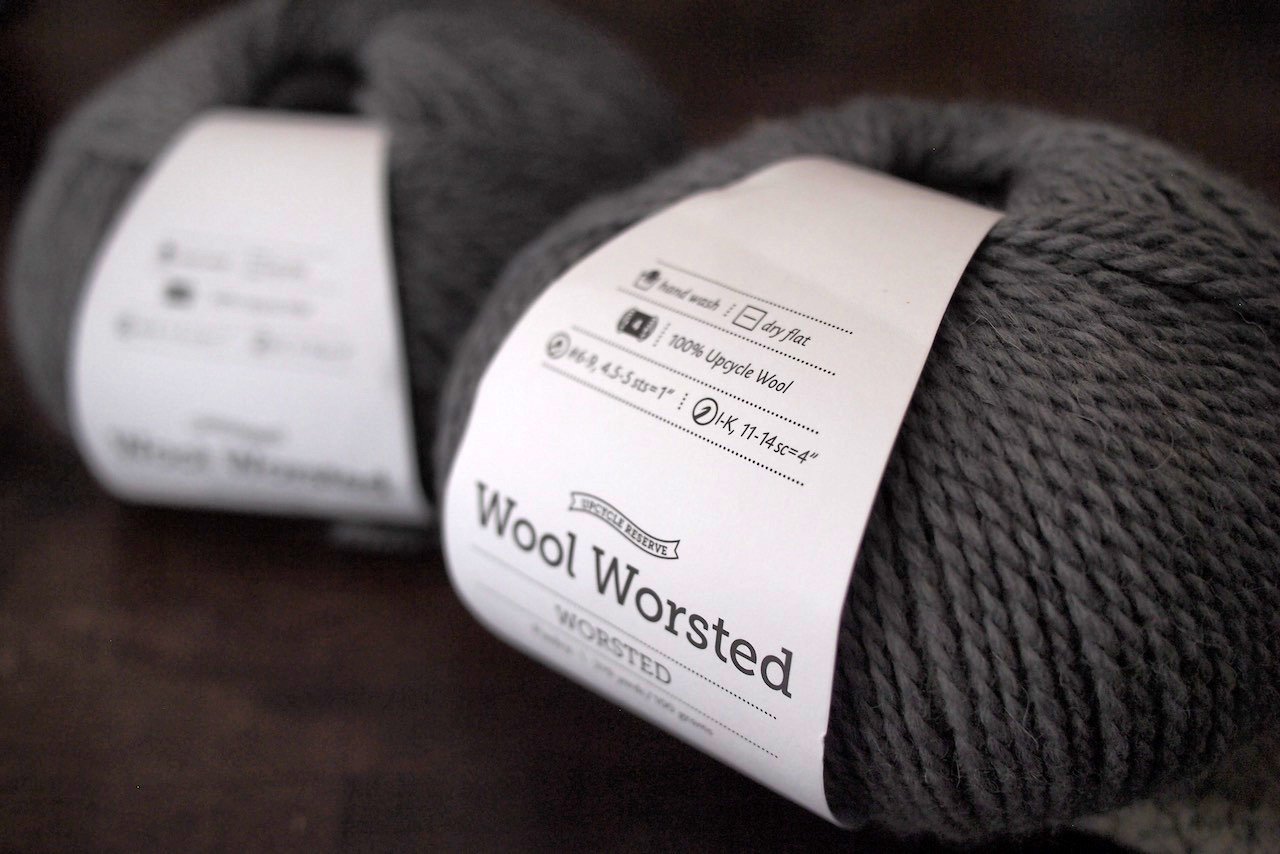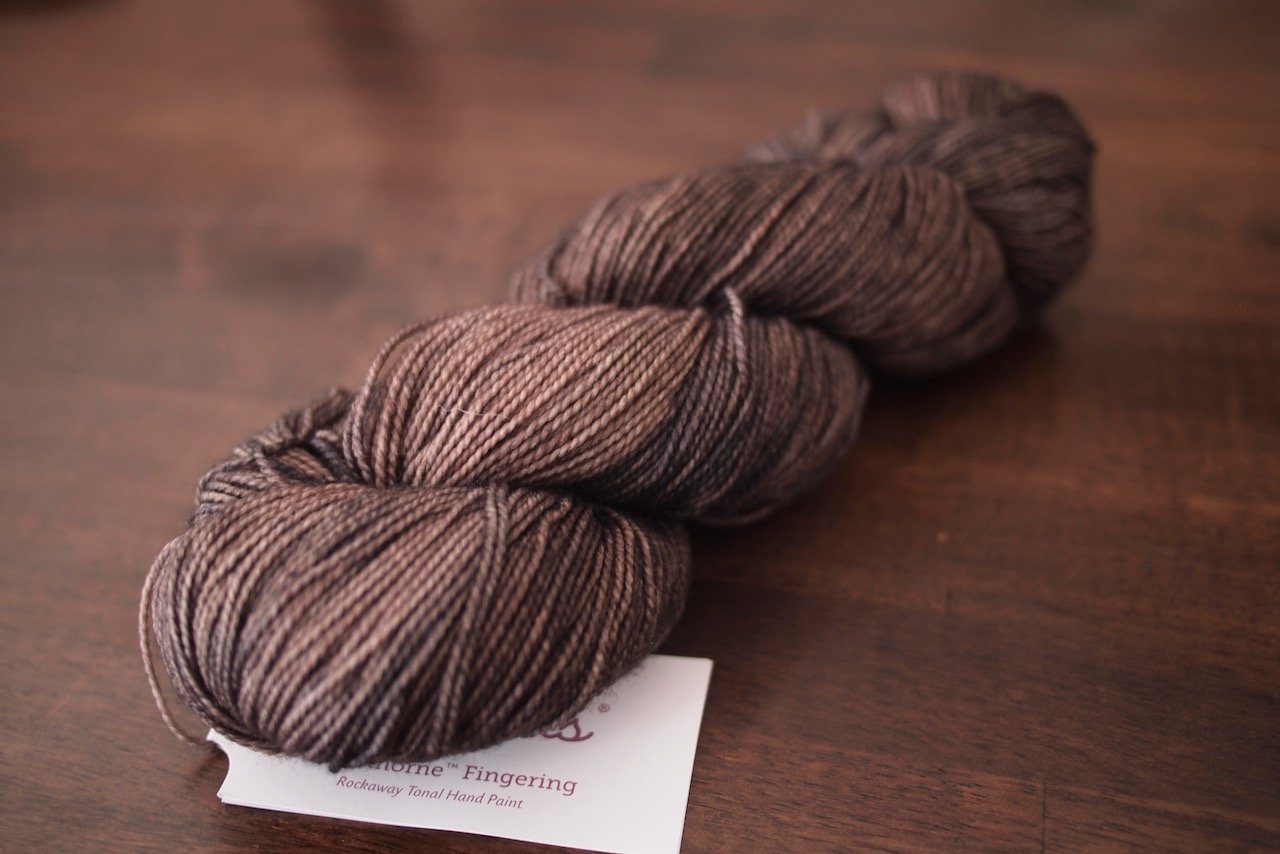Ravelry Mini Yarn Haul, and some pandemic-era reflection
Note: I’m moving this entry from September 2020, after making the decision to migrate back to Squarespace from Wordpress.
What I bought
I placed an order in late March (or whenever Knit Picks orders re-opened after Shelter-in-Place orders took effect). Reeling from the news and wanting retail therapy, and with projects all queued up and assigned on Ravelry, I was eager to receive this new little bundle of yarn.
I’m especially excited to give the Upcycle yarns a try. This line of yarns is made by spinning plushy skeins with leftover wool from their mills to reduce waste.
Next to my enthusiasm about these new projects on the horizon, I felt some remorse. I’d say a call to reflect on what buying for inessential (though no less enriching) projects really means during this unique and devastating time.
I am not an island
Essential workers are subjected to dangerous situations every day, to create and deliver loads of items both critical and nonessential. This helps keep this interdependent machine we call society running, especially for disabled or dependent folks who need to have things delivered to their home to safely meet their needs.
One can make an argument that any delivered item that keeps someone occupied at home and not out there being a hazard to others is worth it. But I’m not sure about the solidity of an argument that can’t take for granted that these workers are well enough protected by their employers in the first place.
On the other hand, many independent sellers and shops are struggling and need the support of communities now more than ever.
Ethicist and Oxford University researcher Carissa Véliz put it pretty well in a Quartz article written not too long ago—
“In some cases, buying a non-essential product will be more ethical than not buying it. A face cream might not be essential to you, but it might be essential for the family whose livelihood depends on selling it.”
This can be especially helpful if you’re supporting local brick-and-mortar sellers that can offer a curbside pick-up or a similarly safe option.
When this yarn finally arrived, it was hard to feel like this purchase was worth it. Will I knit something nice with it? Yes. Will it likely be mailed to someone else as a gift? Yes. Will that mean someone will have to deliver this stuff the way that the yarn was delivered to me?
Am I able to help that as a small part of a society that proves that at its core it doesn’t care about anyone in it (except the rich apparently)?
It’s nearly October now. Over six anxious, watchful months later. Stories continue to circulate about the pandemic’s disastrous effect on the working class.
I look at this bundle of yarn, still in its little plastic bag, an unintended quarantine of its own from the rest of my yarn stash. I wouldn’t call this feeling remorse anymore. Reflecting on the little way that hobbies can be the reason why someone’s life is made worst is worth it. Doing the least harm as a crafter may be possible. I could have lived without extra yarn purchased today, if I’m honest.
Is it fair to ‘just put it out of your mind’ and ‘not be so hard on yourself?’
This is a typical response I get when letting someone in on this thought process. This is an especially stressful year. Why risk adding to that strain with more ruminating? All’s fair when weathering quarantine, heat waves, another revelation of racial violence, and an impending presidential election, right?
I think this is valid. We’re dealing with more than enough as it is. But the stress and danger is not equally shared. Many of us, I’d say especially from what I see in the crafting community on ravelry, Instagram, and beyond are enjoying a large amount of privilege and comfort despite this upheaval. Recognizing this good fortune and feeling grateful. I think the step to follow feeling grateful is to reflect. With your relative comfort comes responsibility to risk feeling uncomfortable. Reflect, risk, and contribute.
I’m not here to self-flagellate or implore anyone to do the same. My discomfort around that purchase was an invitation to examine my motivation, contexts, and get a greater nutritional value from my experience. This is what this yarn purchase means to me.
The weird vibe challenges me to wonder — What if I apply the thought process and research often done for the food I eat to everything else that I buy? What would it look like to not make exceptions for certain categories of purchases just because I’m ‘stressed’?
What if, while I sit at home, contemplating my mortality, destructibility, the beauty and tragedy of my interconnectedness and responsibility to everyone else around me, I also contemplated what it is that actually need as opposed to just want? Can I focus on my capacity to give to others instead of just to take? What if, in the spirit of the resourcefulness and creativity that fueled the most inspiring eras of fiber arts, we worked from our existing supplies at home? What if we reassessed our definitions of want vs need, or leaned into the age-old trust in our ingenuity?
A quality that drew me to knitting is its air of quiet activism—accepting that the pace of building something that can last for generations, is going to be slow. The discomfort and tedium is worth knowing that you’ve kept someone warm and safe (even if it’s just for you).
We’re getting in touch with this spirit in many ways during this challenging time. I think this change can also take place in our homes, with our fibers, our needles, our votes, and our dollars.




